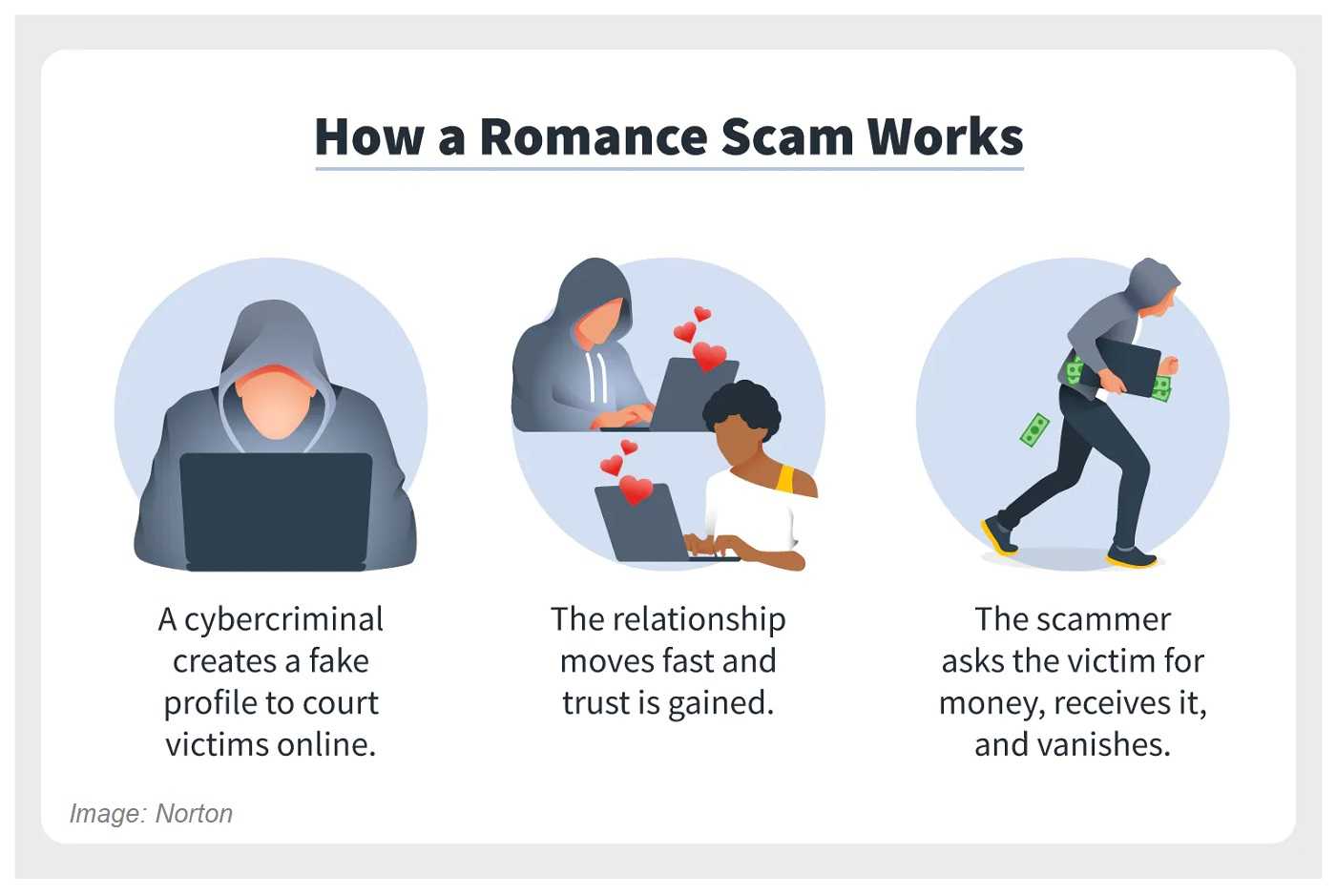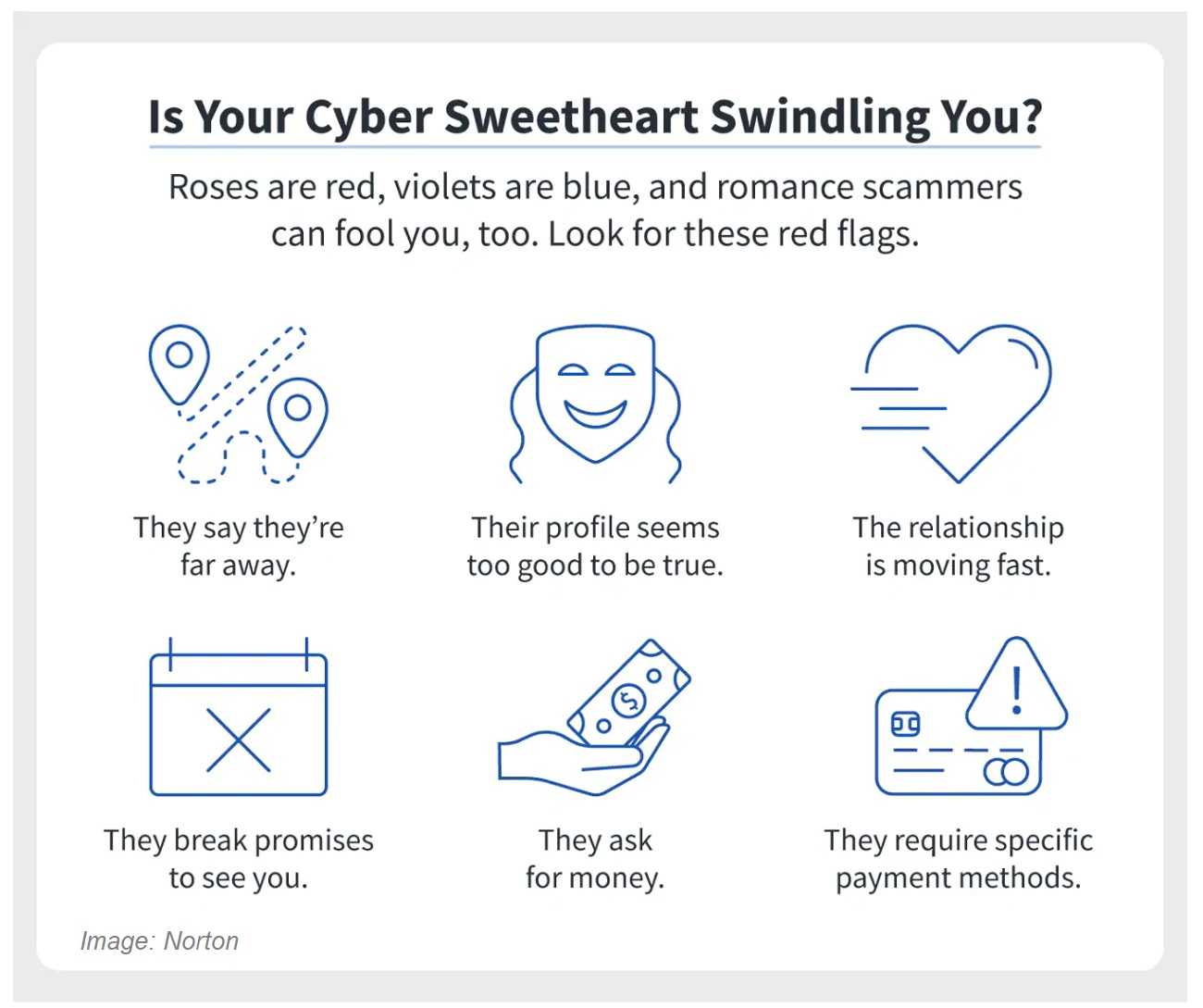Romance scams are as old as affairs of the heart, and in today’s online dating world, they’ve flourished. The desire to find a meaningful relationship without leaving your couch puts users at risk of losing money, sensitive information and maybe their heart, too. Over the past years, the FBI has dutifully kept us informed about the latest dating scam trends, how they work and tips to avoid them. Even still, these scams continue to explode on dating platforms worldwide.
With a huge boost from the pandemic, these scams are as frequent, up close and personal as online dating fraud can be. From January 1 to July 31 of this year, the FBI’s Internet Crime Complaint Center (IC3) received official grievances from over 1,800 victims of romance scams. Those complaints totaled losses of approximately $133,400,000 to the lovelorn, ripped-off victims.

How These Love Scams Work
According to the FBI, scammers continue to abuse online attack vectors like dating sites and of course, social media. Once a love scammer gains a target’s trust, they mention they have knowledge of a cryptocurrency investment or trading opportunity with substantial returns.
Through their online chats, the scammer gets the target to make an initial investment, typically by sending them to fake web pages showing great but false returns. Once the romance-hopeful transfers funds to the scammer, they are allowed to make a small “profit” withdrawal, a hook to steal even more money from now-convinced victim. It’s the beginning of the end of what was never a beautiful relationship to begin with.
This scam is all about getting more trust and more money from the clueless victim. The victims invest in larger and larger amounts and are lied to about why they can’t withdraw their profits. The scammer uses several ruses why the non-existent profits can’t be withdrawn.

The scammer uses everything from tax problems needing more fees to be paid, the amount invested doesn’t yet meet limits for a withdrawal, and other fabricated hiccups getting in the way of the victim getting their money. Scammers may also setup a fake “customer service” center that echoes their lies. Once a victim refuses to invest more funds (or may have lost them all to the scam) the love interest disappears and is never heard from again.
Tips To Protect Yourself
 The FBI’s IC3 Public Service Announcement warns about this trending love scam and posts tips on how to keep from becoming the next victim to lose their money and their heart.
The FBI’s IC3 Public Service Announcement warns about this trending love scam and posts tips on how to keep from becoming the next victim to lose their money and their heart.
- Never send money, trade, or invest per the advice of someone you have solely met online.
- Do not disclose your current financial status to unknown and untrusted individuals.
- Do not provide your banking information, Social Security Number, copies of your identification or passport, or any other sensitive information to anyone online or to a site you do not know is legitimate.
- If an online investment or trading site is promoting unbelievable profits, it is most likely that—unbelievable.
- Be cautious of individuals who claim to have exclusive investment opportunities and urge you to act fast.